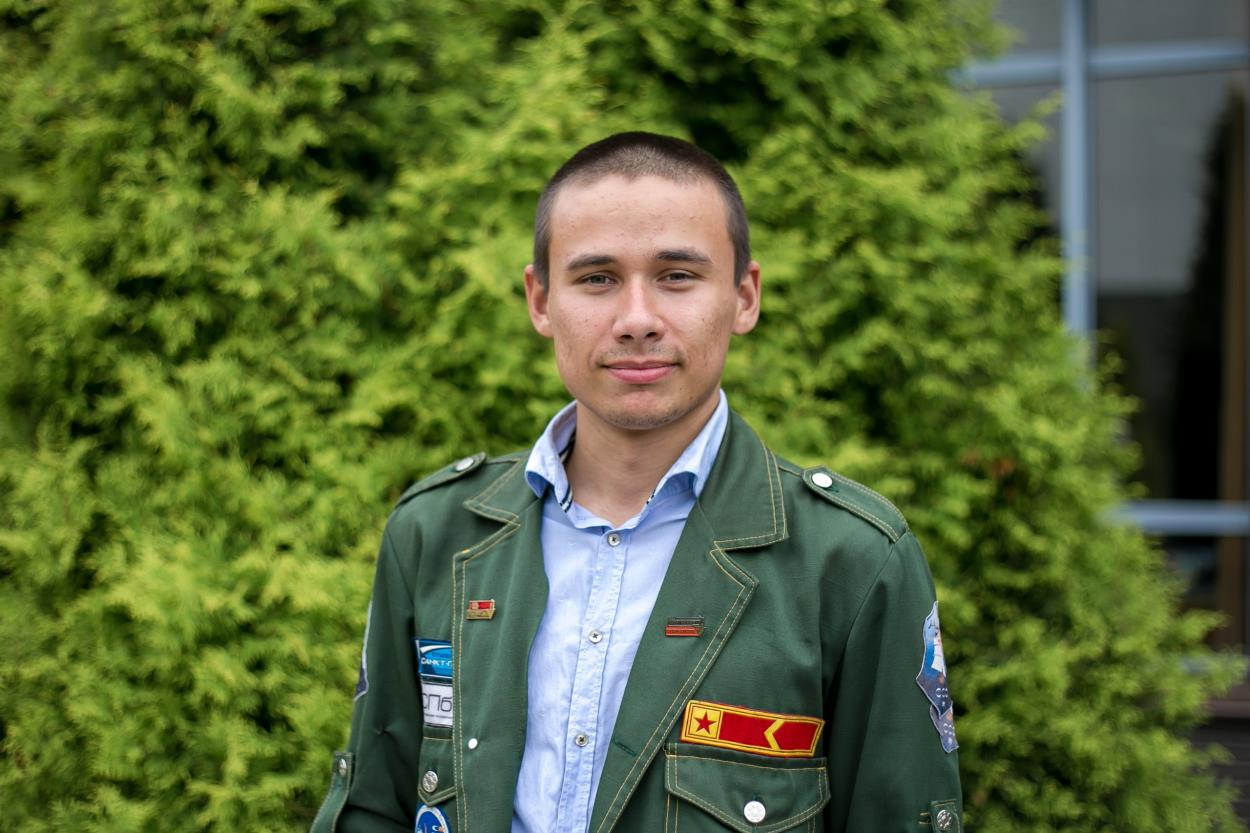Rugby: if not now, then when?

One of the most significant events of the St Petersburg University sports year has been the victory of the University rugby team in the ‘Challenge Cup final – 2019’.
Vsevolod Pashkin is a first-year master’s student in Applied Mathematics and Control Processes, as well as the Captain of the St Petersburg University rugby team. He shared his impressions about the last dramatic minutes of the match, and told us about how playing sport helps him and his friends in their studies.
The Challenge Cup is a tournament in which the rugby clubs of St Petersburg University and Moscow State University compete every year. Tell us about the history of these competitions and the rules of the game?
It has been an annual competition since 2010. For me personally, it is my third Challenge Cup with our team winning each of them and the cup remaining in St Petersburg. Competitions are held in rugby sevens and regular fifteen-a-side rugby. The two major differences are the number of players and the duration of a game. In rugby sevens, there are 7 players per team playing 7-minute halves; while in rugby fifteens, there are 15 people per team playing 40-minute halves. The essence of the game is the same: to get possession of the ball and move it across the opponent’s try line, thus earning points for your team.
What do you remember about this match?
We really wanted to win so that the Challenge Cup would stay in St Petersburg. But somewhere in the 70th minute of the match, with the second half coming to a close, the Moscow University team was leading by five points. To win, we had to score a try, preferably two or three. Besides, one of our key players, Danila Semikov, was injured. We had to find the strength to score against all the odds. And we managed to score two tries, which was a surprise for the opposing team. They must have been confident of winning. After the match, everyone said that it had been one of the most intense and entertaining matches throughout the history of our sports rivalry.
How did you decide to go in for rugby and become a member of the University rugby team?
At school I wasn’t into sports. I didn’t have any notable accomplishments in this sphere. But at the University, I decided to take the opportunity to play sports. During the first two years of study, I took part in the St Petersburg University Championship and played in my faculty’s rugby team. At that time, the coach of the University team was Aleksandr Zaria. After the Championship he invited me to join the University team, but I refused: I was focused on my studies. Then in my third year, I gave it some thought and it struck me: if not now, then when? In fact, I was motivated by my sporting ambition. I passed the selection procedure and became a member of the University team. Later on, I rose through the ranks to become Captain.
Any sport requires regular practice and intensive training. What is the typical rugby training programme?
In autumn and winter we have a pre-season training. During this period, we practice four to five times a week. It’s mainly honing techniques and conditioning as we come up to the competition season. During the competition season, we train three times a week. In parallel, we play the St Petersburg Universities Championship games and St Petersburg Rugby Championship games. It is worth mentioning that sports achievements are converted into bonus points, which is a huge advantage for students who are members of the University sports teams. For example, victories in the St Petersburg Rugby Championship are important for getting Advanced State Academic Scholarships (ASAS).
Does playing sport help you to improve your academic performance?
Due to my sports and academic achievements, I have been receiving an ASAS for the last several semesters. Last year, I completed my bachelor’s degree in ‘Applied Mathematics and Physics’. Now, I am in my first year of master’s studies. This is an interdisciplinary programme aimed at broadening and deepening our knowledge of mathematics, physics and programming. A master’s student has an excellent opportunity to find an internship, to start a career and gain experience. Also, you need to stay focused on your scientific work and continue to develop further your bachelor’s graduation project. That’s the whole point. It is great when you can combine scientific research with career. Fortunately, my research interests are directly related to my work. My pre-graduation internship was at Gazprom Neft. After my internship programme had been successfully completed, I received a recommendation letter for employment at the Laboratory of Digital Geological and Geophysical Modelling at St Petersburg University. At present, I work as a modelling specialist there: I do programming and develop physical-mathematical models.
The 2019 Challenge Cup winner is the St Petersburg University team. Have you already begun training for the next tournament?
A few members of our team are graduating this year, and in autumn we will start recruiting new players. Last year, St Petersburg University signed a cooperation agreement with the St Petersburg Rugby Federation. This Agreement specifies the forms of cooperation and organisational support provided to the University rugby team, including competition venues.
I would like to add that we have been dreaming about participating in the ‘T5B’ tournament (‘Tournoi des 5 ballons’). This is an international student sports competition held in France. In 2011, the St Petersburg University rugby team took part in this tournament and won a prize. We are eager to repeat that success.

